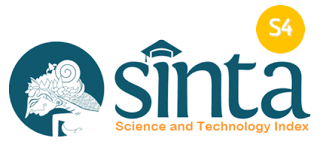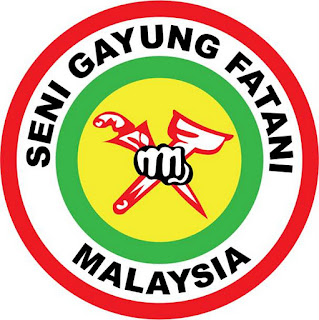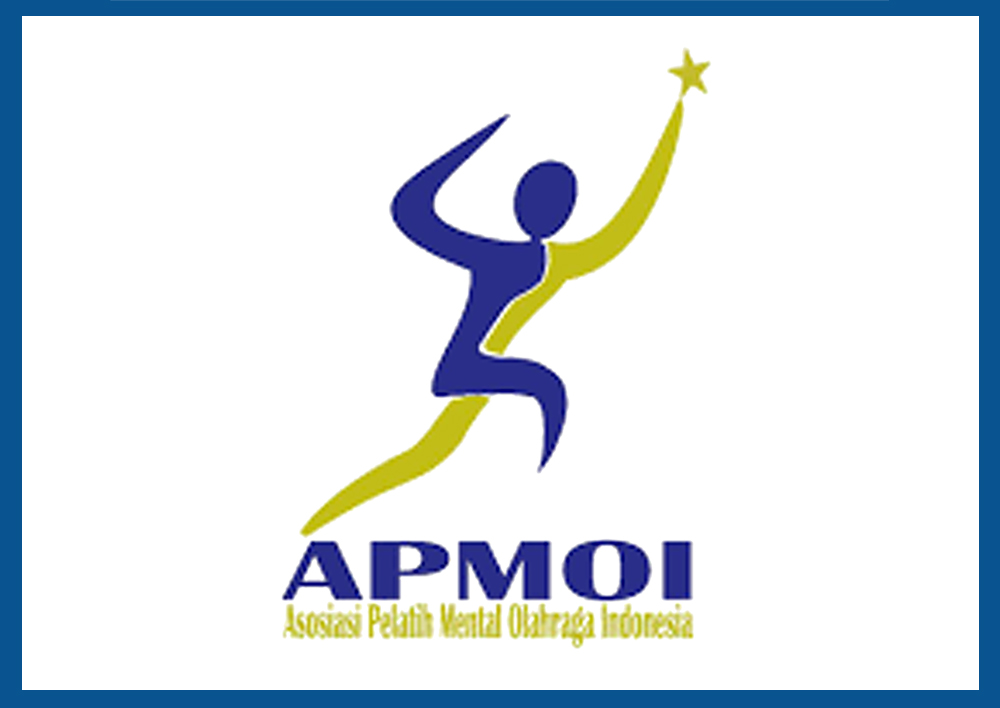Pengetahuan Atlet tentang Self Talk sebagai salah satu solusi mengatasi tekanan dalam Permainan Bola Voli
Abstract
Penelitian ini bertujuan untuk mengetahui tingkat pengetahuan atlet bola voli tentang salah satu bentuk latihan psikologis yaitu self talk untuk mengatasi tekanan dalam permainan bola voli. Metode penelitian yang digunakan dalam penelitian ini menggunakan penelitian deskriptif kuantitatif dengan teknik survei. Subjek penelitian dalam penelitian ini 30 orang atlet. Pengambilan data menggunakan instrumen berbentuk tes butir soal dengan aplikasi google form. Teknik analisis data menggunakan statistik deskriptif. Hasil penelitian menunjukkan tingkat pengetahuan atlet tentang self talk sebagai salah satu solusi mengatasi tekanan dalam permainan bola voli, sebagai berikut: sejumlah 10 atlet atau 33.33% kategori Tinggi; 12 atlet atau 40% kategori sedang, 8 atlet atau 26.67% kategori Rendah. Tidak ada atlet yang pengetahuannya kurang. Atlet perlu meningkatkan pengetahuan tentang latihan mental khususnya self talk untuk mengatasi tekanan saat pertandingan.
Downloads
References
Bashir, M. (2018). Journal of advances in sports and physical education.
Billing, L. E. (2014). Pre-performance routines among club volleyball players: The relationship between routines and accuracy in serving. University of Minnesota.
Boubouki, S., & Perkos, S. (2014). The effects of instructional self-talk on female volleyball performance during training. Inquiries in Sport & Physical Education, 12(2), 170–175.
Bülbül, A., & Akyol, G. (2020). The effect of self-talk on athletes. African Educational Research Journal, 8(3), 640–648.
Byrne, S. (2017). The effects of self-talk on gross motor and precision tasks in softball. Memorial University of Newfoundland.
Candra, A. R. D., Antika, E. R., Budiyanto, K. S., Sobihin, S., & Hermawan, H. (2020). How to increase the athletes psychological skills?: Design and Development of Self-talk Guidance for Athletes.
Feralan, A. Ö., İbiş, S., & Miçooğulları, B. O. (2020). Evaluation of psychological performance strategies of volleyball players: Voleybolcuların psikolojik performans stratejilerinin belirlenmesi. Journal of Human Sciences, 17(3), 812–821.
Fitria, F. (2018). Pengaruh latihan imagery dan self-talk terhadap konsentrasi dan ketepatan tusukan dalam permainan anggar. Jendela Olahraga, 3(2).
Gezelsofloo, H., Parsian, H., Choorli, A., & Feizi, M. R. (2013). The impact of pre-competition anger on self-confidence and success of volleyball players in premier league and its relation with athletes’ experience. Journal of Educational and Management Studies, 215–220.
Hardy, J., Hall, C. R., & Hardy, L. (2005). Quantifying athlete self-talk. Journal of Sports Sciences, 23(9), 905–917.
Hasanah, U., & Refanthira, N. (2019). Human problems: competitive anxiety in sport performer and various treatments to reduce it. Advances in Social Science, Education and Humanities Research, 395, 144–148.
Heydari, A., Soltani, H., & Mohammadi-Nezhad, M. (2018). The effect of psychological skills training (goal setting, positive selftalk and Imagery) on self-confidence of adolescent volleyball players. Pedagogics, Psychology, Medical-Biological Problems of Physical Training and Sports, (4).
Majlesi Ardehjani, S., Mokhtari, P., & Tayyari, F. (2013). the impact of imagery on self-efficacy and volleyball spike performance: Mediating role of positive self-talk. Annals of Applied Sport Science, 1(4), 27–36.
P, A. R., & Scholar, M. P. (2021). Analysis of sources of sports confidence among international female volleyball players. 7(11), 204–206.
Purnomo, A., & Hariono, A. (2020). Self-confidence due to ability of three meter smash in volleyball. Jurnal SPORTIF: Jurnal Penelitian Pembelajaran, 6(2), 541–549.
Shariati, A., & Kalkhoran, J. F. (2016). The effect of instructional and motivational self-talk on warm-up decrement in volleyball serving skill. European Journal of Physical Education and Sport Science.
Stanović, N., Milić, M., & Grgantov, Z. (2020). Competitive state anxiety and self-esteem in youth female volleyball players of different players roles and competitive efficacy.
Tabassum, Y., Hussein, H., & Khadim, I. (2021). Effect of self-talk on male intervarsity volleyball players’ performance. Global sociological Review, VI (I), 63-69.
Walter, N., Nikoleizig, L., & Alfermann, D. (2019). Effects of self-talk training on competitive anxiety, self-efficacy, volitional skills, and performance: An intervention study with junior sub-elite athletes. Sports, 7(6), 148.
Zetou, E., Vernadakis, N., Bebetsos, E., & Makraki, E. (2012). The effect of self-talk in learning the volleyball service skill and self-efficacy improvement. Journal of Human Sport and Exercise, 7(4), 794–805.
Copyright (c) 2022 Jurnal Patriot

This work is licensed under a Creative Commons Attribution-ShareAlike 4.0 International License.



_(700_x_400_mm)_(3)_.png)


_(700_x_400_mm)_1.png)



